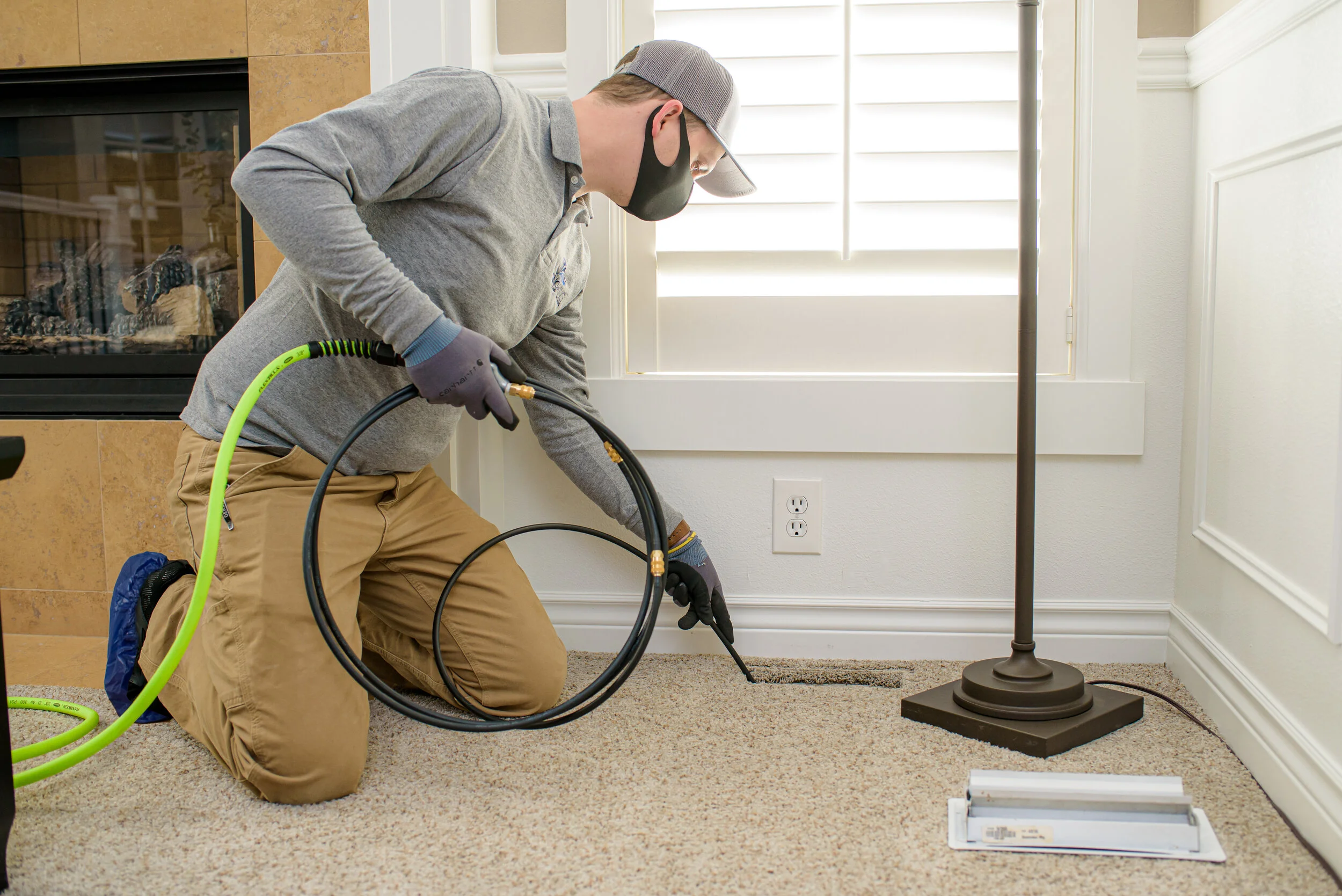Examining Geothermal Heating, Ventilation, and Air Conditioning Solutions: Are They Beneficial It?

As property owners increasingly looking for additional sustainable and cost-effective solutions for their HVAC needs, geothermal heating and cooling systems have emerged as a attractive option. Such advanced systems harness the earth's natural energy to provide both heating and cooling, offering a unique alternative to traditional HVAC setups. However are they worth the investment?
In this guide, we will delve into the fundamentals of geothermal HVAC systems, analyzing how they operate and contrasting their benefits and disadvantages. We will also discuss key considerations for homeowners thinking about this technology, as well as practical tips for maximizing energy efficiency and indoor comfort. Whether you are new to HVAC concepts or looking to upgrade your current setup, this guide will provide insightful insights into the potential of geothermal energy in your home.
Grasping Heating, Ventilation, and Air Conditioning Fundamentals
HVAC refers to the process of heating, ventilation, and cooling systems, which is a system created to provide comfortable temperatures and acceptable quality of air indoors in home and commercial establishments. Knowing hvac company is important for homeowners and property managers alike, since it consists of various components that work in unison to control the climate within a location. The heating component aspect typically includes furnaces or heat-transfer systems, while cooling is provided by air conditioning systems. Ventilation is key for ensuring that fresh air flows, which can also help in managing humidity levels and improving the quality of air indoors.
Every component of an HVAC system has a distinct role in keeping a comfortable atmosphere. The heating elements mechanisms, be it natural gas, electric, or geothermal energy, heat the air during chilly seasons. Cooling systems lower the temperature of the space in summer, often utilizing refrigerants to absorb heat indoors. Proper ventilation setups are vital for eliminating contaminants and ensuring a steady airflow, which contributes to a more beneficial living environment. Understanding how these elements work together can assist users diagnose issues and appreciate their significance.
To fully utilize the HVAC systems, understanding of their operation and upkeep is necessary. Regular maintenance tasks, like changing air filters and arranging regular check-ups, can prevent frequent problems and extend the system's lifespan. Property owners should also be conscious of energy efficiency standards and the possible advantages of upgrading to smarter systems, which can lead to significant savings on utility costs. Awareness of these systems basics not only improves comfort but also fosters a proactive approach to home management.
HVAC Maintenance Essentials

Consistent maintenance is essential for maintaining your HVAC system operating optimally and lengthening its lifespan. A properly cared for system not only provides optimal heating and cooling but also lowers the risk of sudden breakdowns. Begin with routine inspections to look for signs of wear and tear. Replace or clean air filters every 1-3 months, depending on usage patterns and filter type. New filters boost airflow and indoor air quality, which can assist in reducing allergies and health issues.
In addition to regular filter maintenance, ensure that the outdoor unit is free of debris and vegetation. have a peek at these guys allows for proper airflow and avoids overheating. Planning seasonal tune-ups with a trained technician can also identify potential problems that might lead to larger repair costs down the line. During these inspections, technicians typically check refrigerant levels, maintain evaporator and condenser coils, and ensure that all electrical components are operating properly.
Lastly, be sure to monitor your system's performance throughout the season. Keep an eye on strange noises or changes in efficiency, and address any issues promptly. This proactive approach ensures that not only the longevity of your HVAC system but also helps preserve a comfortable indoor environment while potentially lowering your energy bills.
Investigating Geo-thermal Alternatives
Geo-thermal HVAC systems utilize the unchanging heat located under the Earth's surface to offer effective heating and cooling for houses and enterprise facilities. By utilizing a network of subsurface pipes, these systems exchange heat with the ground, considerably minimizing the energy required for indoor climate control. This alternative energy source merely promotes eco-friendliness but also delivers ongoing cost savings on energy bills, rendering it an attractive option for eco conscious consumers.
One of the key advantages of geothermal systems is their efficiency. Compared to traditional heating and chilling systems, geo-thermal systems can be as high as four times more effective, as they transfer heat rather than generate it. This efficiency leads to reduced utility costs and a minimized carbon footprint, which is appealing in an era of growing energy prices and growing awareness of climate change. Additionally, geo-thermal systems generally require not as much maintenance than traditional HVAC units, adding to their sustained reliability and performance.
Nevertheless, the initial investment for geothermal HVAC systems can be significant, due to the costs linked with setup and the necessary ground loops. Homeowners must consider the initial expense against possible energy savings and government incentives for sustainable energy systems. Over time, the return on investment can turn geo-thermal systems valuable, particularly for those planning to stay in their houses for many years. As technology progresses and costs slowly decline, geothermal HVAC options will likely become even more viable for a wider audience.
